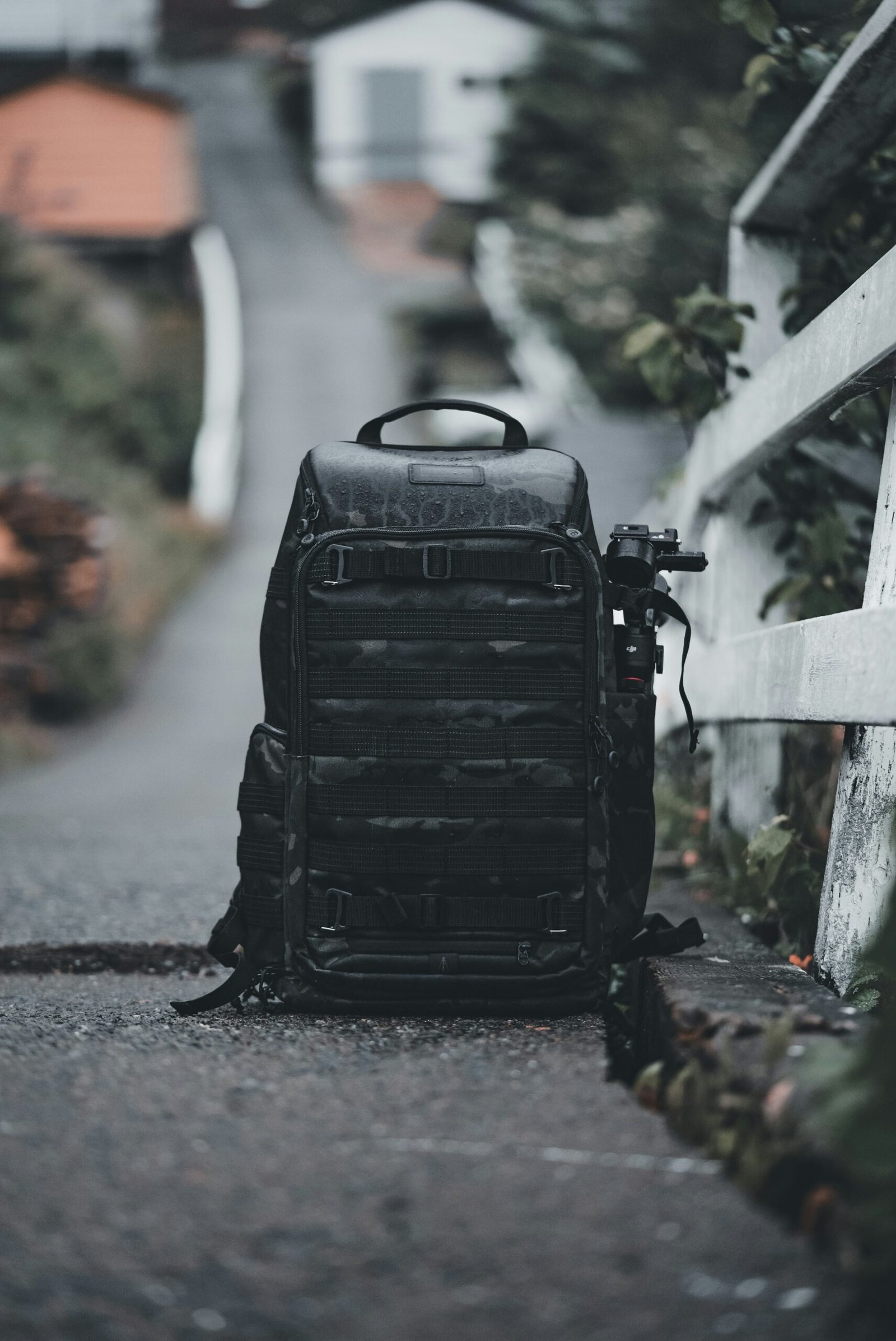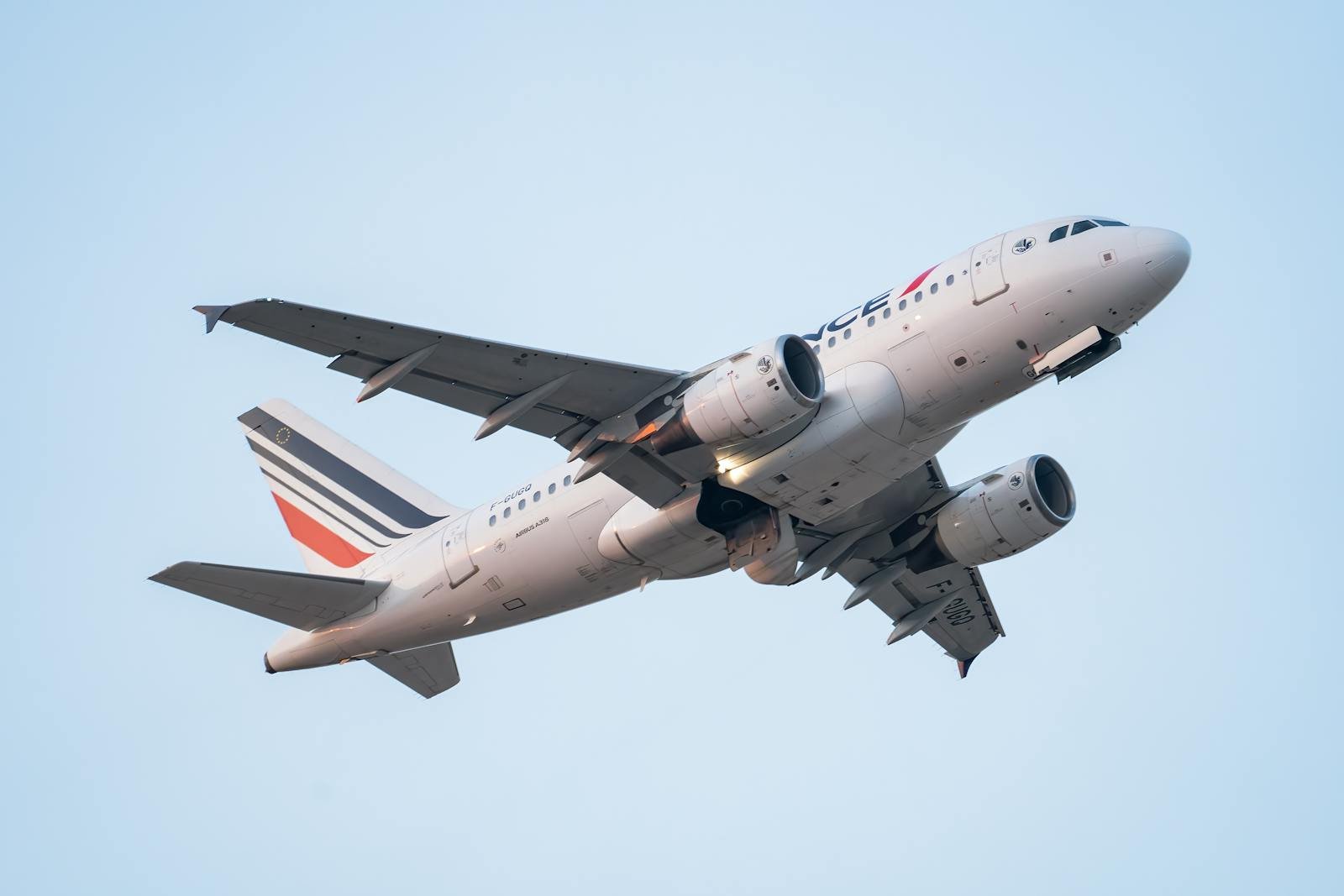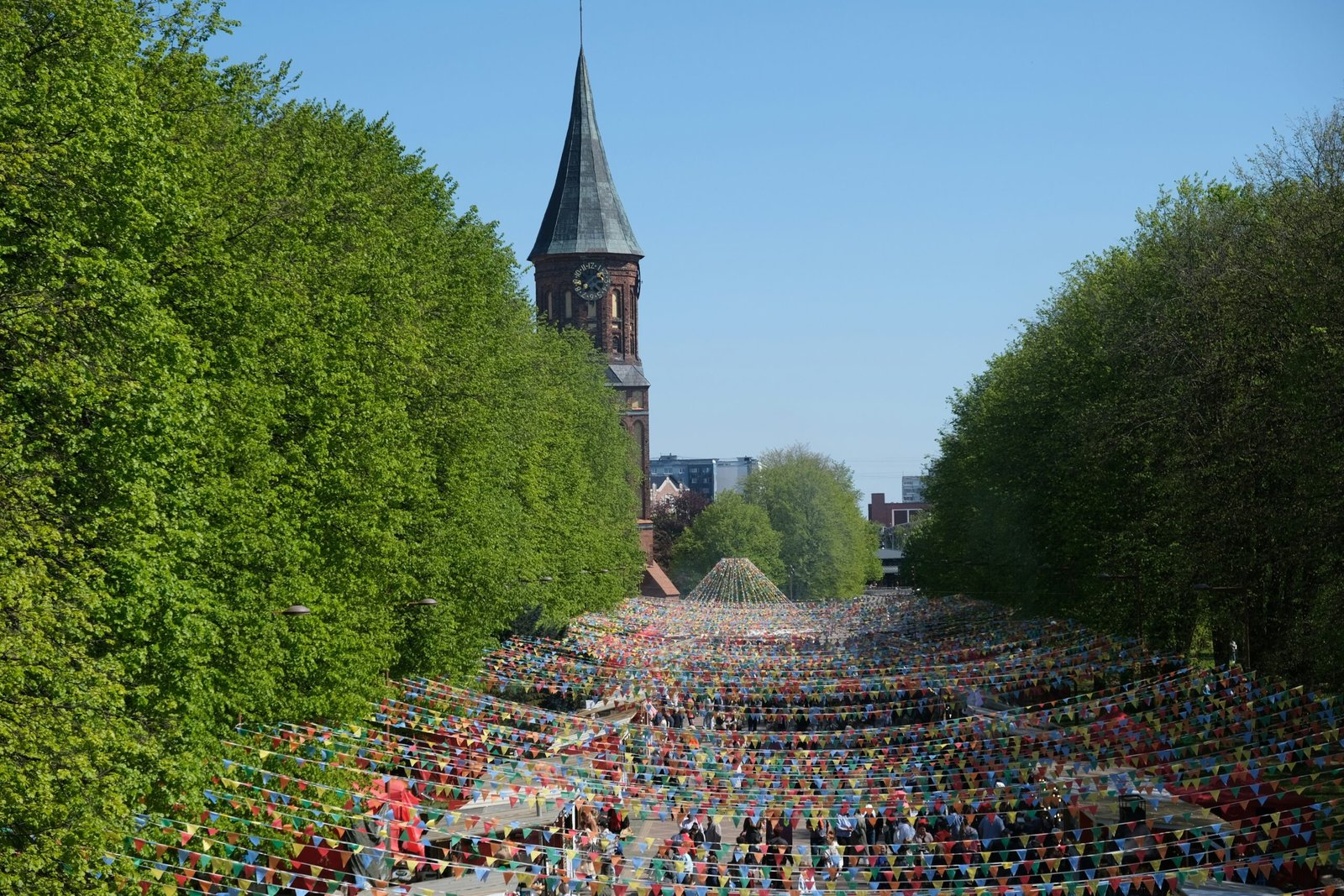
Introduction to Backpack Travel
Backpack travel has emerged as a favored mode of exploration for budget-conscious adventurers seeking experiences that go beyond the conventional. This travel style allows individuals to traverse various destinations with minimalistic gear, typically carried in a single backpack. The essence of backpacking lies in its emphasis on flexibility, independence, and personal exploration, differentiating it significantly from the structured itineraries commonly found in traditional travel arrangements.
The growing popularity of backpack travel can be attributed to the desire for authentic experiences and deeper connections with local cultures. Travelers are increasingly opting for this approach as they seek not only to visit popular attractions but also to immerse themselves in the intricacies of everyday life in the places they explore. The limited financial resources often associated with backpacking foster resourcefulness, pushing travelers to seek out affordable accommodations, local eateries, and off-the-beaten-path experiences.
One of the defining features of backpack travel is the ability to adapt one’s journey according to individual preferences and emerging opportunities. Unlike guided tours or pre-planned vacations, backpackers have the freedom to change destinations, prolong their stays, or explore unexpected routes based on newfound interests. This degree of spontaneity not only enhances the travel experience but also contributes to reduced stress, as it allows individuals to tailor their itineraries without the constraints of schedules and reservations.
Furthermore, backpack travel often promotes social interactions, as travelers commonly connect with like-minded individuals in hostels, communal spaces, and local markets. This sense of community further enriches the journey, often making it more memorable and enjoyable. Overall, the rise of backpacking reflects a shift in how travels prioritize experiences over material comforts, thereby inviting a broader spectrum of individuals to embrace the world with curiosity and an adventurous spirit.
Cost-Effective Accommodations
When embarking on a backpacking journey, one of the most significant expenses to consider is accommodations. Fortunately, there are numerous cost-effective lodging options available that cater specifically to travelers who prioritize value without compromising on experience. Hostels are among the most popular choices for backpackers due to their affordability and social atmosphere. Typically, hostels offer dormitory-style rooms where guests can share accommodations at a low nightly rate. This setup not only reduces costs significantly but also fosters an environment for meeting fellow travelers, exchanging stories, and forming friendships.
In addition to hostels, guesthouses present another viable option for those looking for affordable lodging. Guesthouses generally provide a more private experience than hostels while still being budget-friendly. They often feature comfortable rooms and shared facilities, which can allow for a more relaxed stay without breaking the bank. Many guesthouses are family-run, so guests may benefit from local insights about attractions, dining, and cultural experiences that are off the typical tourist path.
Couchsurfing is yet another economical accommodation alternative that has gained popularity among backpackers. By connecting travelers with locals willing to offer free lodging, Couchsurfing can dramatically reduce overall travel expenses. Staying with locals not only saves money but can also provide authentic cultural immersion, as travelers can engage in genuine interactions with their hosts. This unique arrangement allows for personal insights into the destination without the limitations of conventional lodging.
Ultimately, selecting budget-friendly accommodations has a twofold benefit for backpack travelers. Not only does it effectively lower travel costs, allowing for more experiences and activities, but it also alleviates some stress associated with financial management on the road. With an array of options like hostels, guesthouses, and Couchsurfing, the pursuit of affordable lodging can greatly enhance the overall travel experience.
Transportation Savings Strategies
When venturing into backpack travel, one of the most significant areas where travelers can cut costs is transportation. Budget-conscious backpackers can leverage a variety of strategies to ensure they can explore new destinations while keeping their spending in check. Public transit stands out as a particularly effective method for navigating cities and towns. Most urban areas have reliable bus and train services that offer affordable fares compared to taxis or rideshare options. Familiarizing oneself with local public transport maps and schedules is crucial for efficient travel and can also be a great way to experience the local culture.
Moreover, walking is not only one of the best ways to save money but also an excellent way to immerse oneself in the environment. Cities often have pedestrian-friendly designs that allow travelers to experience attractions up close, fostering organic discoveries along the way. Budget backpackers can explore hidden gems that may not be accessible via traditional transportation. For those willing to hitchhike, this method can provide both adventure and cost savings. Although this option requires careful judgment and safety awareness, it can lead to valuable interactions with locals and fellow travelers.
In addition to these methods, flying can also be made affordable through the use of budget airlines. These airlines operate numerous routes and often offer promotional fares if booked in advance. Utilizing flight comparison websites is another smart strategy, enabling backpackers to spot the best deals for intercity travel. Traveling during off-peak times can yield significant savings as well. By combining these transportation strategies, backpackers can effectively reduce their overall travel costs, allowing them to redirect their budgets toward experiences and activities at their destinations.
Meal Planning on a Budget
When it comes to backpack travel, managing your food expenses can significantly reduce overall costs, making your adventure both enjoyable and budget-friendly. One effective strategy is cooking meals in communal kitchens, often provided by hostels and some guesthouses. These shared spaces not only allow you to prepare your own meals but also enable you to connect with fellow travelers, share recipes, and potentially discover local culinary trends. Cooking your own meals is not only economical but also provides dietary flexibility, as you can tailor your dishes to fit your nutritional needs.
Shopping at local markets is another excellent way to save money on food while immersing yourself in the culture of your destination. Local markets usually offer fresh produce at lower prices than supermarkets. Here, you can find ingredients to create healthy meals at a fraction of the cost. Additionally, shopping locally supports the community and often provides opportunities to learn about regional specialties.
Eating street food is another popular alternative for backpackers looking to experience authentic local cuisine without breaking the bank. Street vendors typically offer delicious meals at relatively low prices, making them an ideal choice for those on a budget. Embracing a flexible diet—varying between home-cooked meals and street food—also empowers travelers to explore diverse flavors and cooking styles unique to the region.
Moreover, planning meals ahead can lead to more significant savings. By making a list of the meals you want to prepare and purchasing only the necessary ingredients, you will minimize food waste and ensure that your expenditures remain within your budget. In doing so, you strike a balance between culinary delight and financial prudence, making meal planning an integral aspect of an enjoyable backpacking experience.
Cultural Experiences Without Breaking the Bank
Backpack travel offers a unique opportunity to engage with local cultures in ways that are often both enriching and economical. Unlike packaged tours, which typically incorporate expensive attractions and guided experiences, traveling on a budget encourages immersion in local traditions, lifestyles, and festivals. Many destinations provide free or low-cost activities that allow backpackers to explore the cultural fabric of a region without incurring significant expenses.
One of the most genuine experiences comes from participating in local festivals, which can range from music and dance celebrations to regional harvests. These events often welcome everyone, offering complimentary admission and a chance to interact with residents, taste local cuisine, and enjoy entertainment that showcases the community’s heritage. For instance, travelers in Thailand can enjoy the famous Songkran Festival, which celebrates the Thai New Year with water fights and cultural rituals, many of which are accessible to the public at no cost.
In addition to festivals, visitors can engage in community events such as workshops or markets, which are not only budget-friendly but also provide valuable insights into local crafts and trades. Many cities offer free walking tours led by passionate locals who share their knowledge and personal stories, allowing backpackers to delve deeper into the city’s history and culture without spending a fortune. Community-hosted food markets and cultural fairs frequently feature authentic local dishes at prices far more reasonable than tourist-oriented restaurants.
Spending time in public parks or plazas often leads to unplanned yet delightful cultural encounters, from impromptu performances to art exhibitions. These experiences, rich in authenticity, demonstrate that traveling on a budget does not mean sacrificing quality or depth in cultural interactions. Ultimately, backpack travel allows for a more personal and comprehensive understanding of a destination, affirming that cultural richness does not necessarily come with a hefty price tag.
Travel Light: The Benefits of Minimalism
Traveling light is more than just a trendy choice; it is a strategic decision that can significantly reduce both stress and expenses during your journeys. The practice of minimalism in travel emphasizes carrying only the essentials, which offers several practical benefits that contribute to an overall enhanced travel experience.
One of the most immediate impacts of light packing is the significant reduction in baggage fees. Many airlines impose hefty charges for checked luggage, which can add considerable costs to your trip. By adhering to a minimalist packing philosophy, travelers can avoid these fees altogether by fitting all their necessities into a carry-on bag. This not only makes for a more cost-effective travel experience but also eliminates the anxiety that comes with managing multiple pieces of luggage.
Moreover, traveling with fewer belongings offers the advantage of increased mobility. Navigating through airports, train stations, or bustling city streets becomes far less cumbersome with a light load. Travelers can move more freely, enabling them to respond quickly to unforeseen circumstances, such as unexpected delays or changes in itinerary. This flexibility can alleviate the stress associated with logistics, allowing for a more leisurely and enjoyable experience.
In addition to financial savings and enhanced mobility, minimal packing encourages travelers to be more intentional about their choices. When limited to a small selection of items, individuals often prioritize quality over quantity, leading to more thoughtful considerations about what they genuinely need for their adventures. This practice not only streamlines the travel process but can also lead to a richer, more immersive experience as travelers engage more deeply with their surroundings, rather than being distracted by excessive belongings.
Overall, adopting a minimalist approach to travel proves beneficial in reducing both stress and costs, allowing travelers to focus more on making the most of their experiences.
Building Connections and Community
Backpack travel cultivates an environment ripe for building connections with fellow travelers and locals in a way that is difficult to achieve through traditional travel methods. When backpackers opt for shared accommodations in hostels or communal living spaces, they are inherently drawn into environments that encourage social interaction. These interactions not only enrich the travel experience but also often lead to lasting friendships that can provide emotional support during their journey.
Meeting like-minded individuals from diverse backgrounds fosters a sense of belonging that can significantly reduce travel-related stress. Engaging in conversations, sharing tips, and exchanging stories creates a community atmosphere that enhances the overall experience of backpacking. This network of support can be crucial, as backpackers navigate unfamiliar territories, helping to ease the anxiety that often accompanies travel.
Moreover, connections with locals can deepen a backpacker’s understanding of the culture and traditions of the places they visit. Establishing friendships with residents enables tourists to gain insights that are not commonly found in guidebooks, leading to a more profound appreciation of the destination. Such interactions can even result in invitations to local events or activities, which not only enrich the travel experience but also present opportunities to save money, as these often come with lower or no costs compared to traditional tourist attractions.
In essence, the community and connections formed while backpacking are invaluable, both emotionally and financially. The warmth and support of fellow travelers and locals can significantly mitigate stress, allowing backpackers to focus on enjoyment and adventure. By fostering personal connections, this style of travel not only makes for enriched experiences but also enhances the overall enjoyment of the journey, proving that backpack travel is about much more than merely reaching a destination.
Embracing Spontaneity and Flexibility
The backpacking lifestyle inherently promotes a sense of spontaneity, empowering travelers to make on-the-fly decisions that can significantly impact their overall experience. By adopting a flexible approach to travel, backpackers can easily alter their itineraries based on budget constraints, personal interests, or even unforeseen opportunities that arise during their journey. This adaptability is a core component that enables travelers to not only save money but also discover unexpected adventures that typical rigid vacation plans might not allow.
For example, many backpackers opt for an open-ended travel plan, allowing them to explore off-the-beaten-path destinations that are often more budget-friendly than mainstream tourist spots. This freedom can lead to unique encounters and experiences that are enriching and often unavailable to those adhering strictly to pre-booked, structured tours. Additionally, when travelers choose to remain flexible, they can take advantage of last-minute deals on accommodations, transportation, or activities, further contributing to cost savings.
Beyond financial savings, this flexibility can significantly reduce the stress often associated with travel. Traditional travel planning necessitates extensive preparation and adherence to strict schedules, which can lead to anxiety. Conversely, backpackers who embrace spontaneity enjoy a less structured environment that promotes relaxation and the ability to fully immerse themselves in their surroundings. This approach fosters a mindset of openness and discovery, where travelers can easily engage with locals, explore hidden gems, or participate in impromptu activities that encapsulate the essence of their adventure.
Ultimately, embracing spontaneity in backpack travel not only allows for budget-friendly decisions but also cultivates a rewarding travel experience filled with unexpected moments. This adaptability stands as a fundamental tenet of backpacking that many find appealing, transforming travel from a routine into a journey enriched with personal significance and reduced anxiety.
Conclusion: Why Backpack Travel is a Smart Choice
Backpack travel offers numerous advantages that align perfectly with the needs of modern travelers seeking both financial savings and a reduction in stress. Throughout this blog, we have explored the compelling reasons that make backpack travel an appealing option for those looking to experience the world more intimately and affordably. One of the primary benefits of this travel style is its inherent cost-effectiveness. By opting for budget accommodations, utilizing public transportation, and minimizing extravagant dining, backpackers can significantly reduce their travel expenses. This financial flexibility allows travelers to extend their adventures and explore more destinations without the stress of overspending.
In addition to being economically advantageous, backpack travel also contributes to a more relaxed and fulfilling experience. With fewer fixed itineraries and the ability to change plans on a whim, backpackers enjoy a unique freedom that alleviates the pressures often associated with more structured travel. This flexibility encourages spontaneous exploration, fosters connections with locals, and deepens cultural immersion. Moreover, the minimalist approach associated with backpacking often leads to a simplified packing strategy, ensuring that travelers can move with ease and comfort throughout their journey.
As a result, backpack travel serves as a smart choice for individuals and groups alike, promoting not only a rich cultural experience but also the potential for deeper personal growth. By embracing this adventure style, travelers can enjoy both their surroundings and their own sense of agency. As you plan your next getaway, consider incorporating backpack travel into your itinerary to experience the benefits of saving both money and stress, ultimately leading to a more enjoyable and memorable journey.








